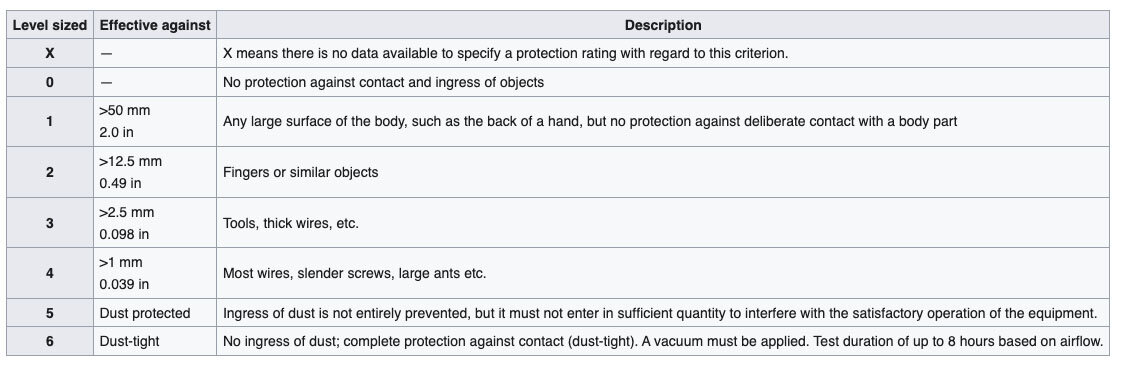Winches, Water and IP Ratings: a practical guide.
Many high-end winches claim to be IP67 or IP68, but what do those ratings really mean? Is there a certification? Who are we trusting to make sure our pulling machines don’t die because of water intrusion? Let’s dig in:
First off, it’s important to note these are self-confirmed ratings. Here’s how things should work: engineers take winch samples and apply a special paste to the inside winch surfaces. Next the winches are placed at an underwater depth for a period of time. Winches are then removed and opened. The special paste will change colors if water has intruded.
Secondly, let’s look at the IP ratings and what they mean:
“IP” stands for ingress protection
The first number is for solid particle protection (think dirt)
IP Solid Number Qualifications
The second number is for liquid protection. Here’s where things become a bit more interesting.
IP Liquid Number Qualifications more info here
So the difference in qualifications between IP67 and IP68 can be summed up like this: IP67 is tested for 30 minutes at a depth of 6ft with no water incursion. IP68 bumps that test to 10 feet for a time greater than 30 minutes. Note: there’s some variation on what is the minimum depths and time limits but generally, this is the idea. From my test lab experience, a winch that qualifies for IP67 will likely qualify for IP68.
How can an IP67/68 rated winch fail in water? Because a winch is made of moving parts, the seals are typically plastic lip seals that do a fair job. These can be pinched during assembly, creating tears or creases that degrade the seals effectiveness. Any misalignment of the seal will also directly affect its ability to seal out water, dirt and dust. And of course, age of the seal plays a role as they tend to age poorly. These seals are more delicate than you might think.
Other winch parts such as electrical connectors and solenoids can be potted in a waterproof compound, feature o-rings or attempt to be safe from the elements in enclosures.
It’s also a good idea to keep in mind there’s no sanctioning body to refute manufacturers claims. Fly-by-night sellers on Amazon with brand names you’ve never heard can ask the factory they are ordering from for IP ratings but that’s no guarantee; it’s simply passing the buck to you. Trusting your manufacturer to perform these tests honestly (and not letting the marketing department get near them) is important.
You’ll find IP ratings for our NOVAWINCH Pro Series, T-Series, Fenix Series, EN Series, HEN Series and our new Stinger Series here..
Interest in learning more about winch manufacturing? Hit the link below.


